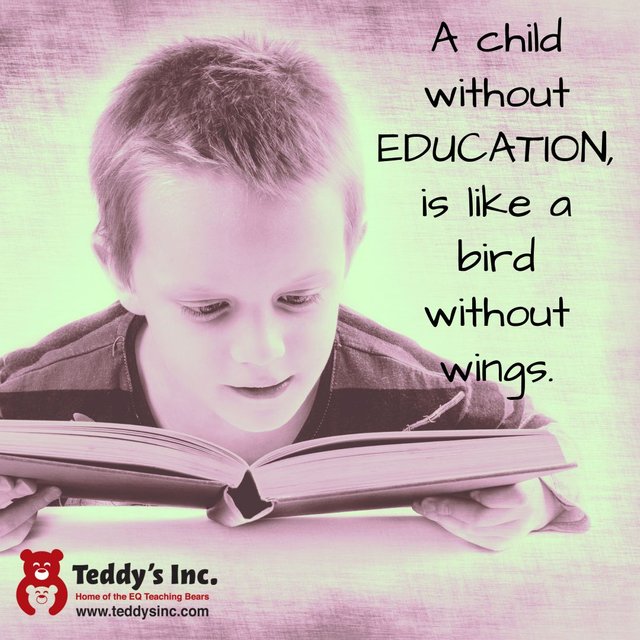Discovery of development talents
After a lot of education, children's family respected their children's talents, and there were six important findings.
The first finding is that it is very important for a child to repeat exercises.
For example, a 3-year-old girl plays a cylinder, and she is not tired of it, again and again She repeated the practice up to 42 times!
When the little girl stopped 42 times after repeated practice, Montessori said, she seemed to wake up from her dream and smile happily, her eyes were bright and looked around.
When a child has played, played through, and knows something, he is doing some exploration that we may not know. He really learned from the game.
When Mido was a kid, he liked to watch cartoons. We felt like watching a movie, at most two times, but children like to watch an animation, and they will watch it dozens of times. And every time he sees a plot, it's tense or nervous, and it's exciting or exciting. What our adults have to do is not interrupt the repetition of the children.
The second finding is to allow children to choose freely, give them the space to choose, and let them choose what they are interested in according to their needs.
The third finding is that children like the sense of order.
Many early education centers and kindergartens want to create a rich sense of material, and toys are available in many places. However, if there are too many toys, the child will not focus, and he can't explore something very quietly.
I thought about it. I really have a little more toys for my children. In fact, most families are so, everyone sends toys to their children from time to time, and each family has a pile of toys.
Give children too many toys, and children will not seriously play a thing many times.
The fourth finding is a sense of dignity.
Adults like to joke with children, often bully him, insult him, laugh at him, frighten him, children will really take seriously.
Montessori once taught a group of kindergarten children to blow their noses. When children blow their noses, they are always scolded for being rude, too loud, going to one side, etc. they are nervous about it. Montessori sat among the children and taught them to do it. Finally, all the children were clapping warmly, and the applause was as long and warm as they heard in the theatre. Because the teacher respects them and cares about their needs.
When parents educate their children, they must treat them as an adult, and they can not negate their feelings. Sometimes, adults are polite when they say something, flirting, attacking, denying and yelling at them, leaving their children without dignity.
Parents should learn to respect their children to help them establish an independent and complete self-esteem system, so that they can know that his dignity is important, and he is a person who can control his dignity.
The fifth discovery is about writing and reading.
Montessori thinks it is not helpful for children to urge children to read through books too early.
Instead of deliberately teaching and writing, we should turn the letters of cognition into a game. Make letters with cardboard. Some letters are made of bright cardboard. Children can write on the top with their fingers along the font and can perceive its shape.
In this way, children rely on their own strong interest in inquiry, interest and energy are inspired.
Once, when adults were talking about an earthquake, a child about five came up to the podium and wrote on the blackboard, "I'm sorry." The big people thought he was going to express his sadness, but he went on to write, "because I am a kid." It's not surprising. Later, he went on to write, "if I were an adult, I would go and help them." How touching it is, a child who just learned to write, expressed such a lofty feeling.
In short, when the child is very interested in learning, he can go to the picture books step by step, and then read the books with words.
In this process, we should not encourage ourselves. I remember when doodle was very young, I told the family not to teach him to recognize. If he asks, we will tell him; if he does not ask, no one will force him to recognize any words.
He soon knew a lot of words. Because no one forced him, no one inculcated recognition as a task and requirement, but he was very happy to explore.
We must respect the child's nature, let him start with what he can and can learn, let him get a sense of dignity and achievement, and don't let him always face setbacks, so that it is easier for children to love learning this matter.
The sixth finding is about the development of the body.
Montessori found at the children's home that they never did anything to improve their children's health, but their health was good.
It's a good exercise for children to play. The children must be more active than our adults. The rest is the healthy psychological factors, which make the child happy and not repressed, and his body will be much better. In turn, many diseases come from being scolded by parents, and they are under great pressure. This psychological damage can lead to fever and decrease immunity.
The above six findings will be enlightening for us to do a good job of parents and teachers to do a good job of teachers.
